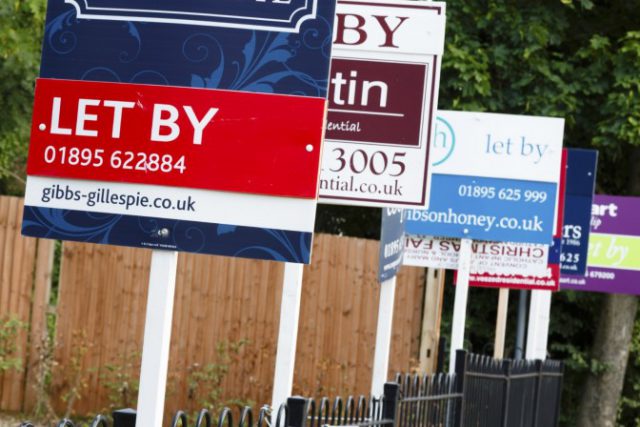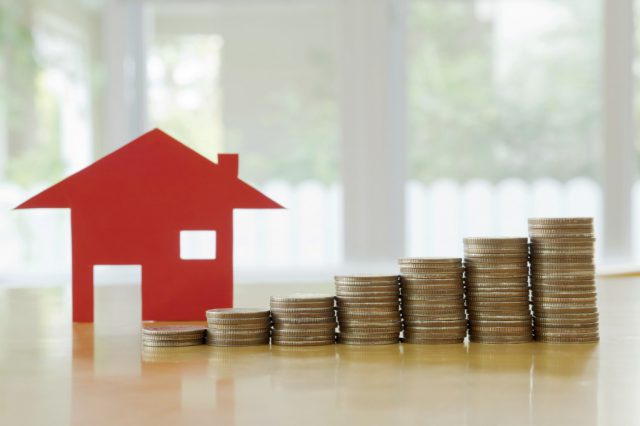Property prices could rise by 2% in 2017-depending on economy
The UK residential property market’s performance during 2017 will rest majorly on how the economy develops during 2017, according to Nationwide.
It is believed that next year will see the UK starting the process of leaving the European Union, which means the economic outlook is difficult to call. Small price growth of around 2% has been projected by the firm.
Economic links
Chief Economist at the Nationwide Robert Gardner, feels that the residential housing market growth will depend hugely on what happens in the wider economy.
Gardner note: ‘Like most forecasters, including the Bank of England, we expect the UK economy to slow modestly next year, which is likely to result in less robust labour market conditions and modestly slower house price growth.’[1]
‘But we continue to think a small gain of around 2% is more likely than a decline over 2017 as a whole, since low interest rates are expected to help underpin demand while a shortage of homes on the market will continue to provide support for house prices,’ he continued.[1]
In addition, Gardner said: ‘The major house builders appear to have capacity to expand output, with most reporting land banks that could support around five years’ worth of construction at current rates of building activity. However, there is a risk that the uncertain economic outlook may weigh on activity in the period ahead.’[1]

Property prices could rise by 2% in 2017-depending on economy
Policy changes
Moving on, Mr Gardner looked at what has happened during 2016, noting that overall house price growth remained between 4% and 6-in line with expectations.
He acknowledges that a number of policy changes have made it more difficult to ascertain the underlying strength of housing demand for a lot of 2016. He observes: ‘The picture was further obscured by the gyrations of some forward looking indicators of economic activity and consumer sentiment in the wake of the Brexit vote, where a number of indicators recorded large, but short lived, declines.’[1]
‘However, what made the most difference to the market in 2016 was that the fundamentals underpinning housing demand remained solid. Labour market conditions were robust, with strong employment growth, healthy gains in real wages, thanks in part to low inflation, and borrowing costs falling to new record lows,’ he concluded.[1]
[1] http://www.propertywire.com/news/europe/uk-prices-rise-around-2-2017-depending-economy-brexit-process-starts/




